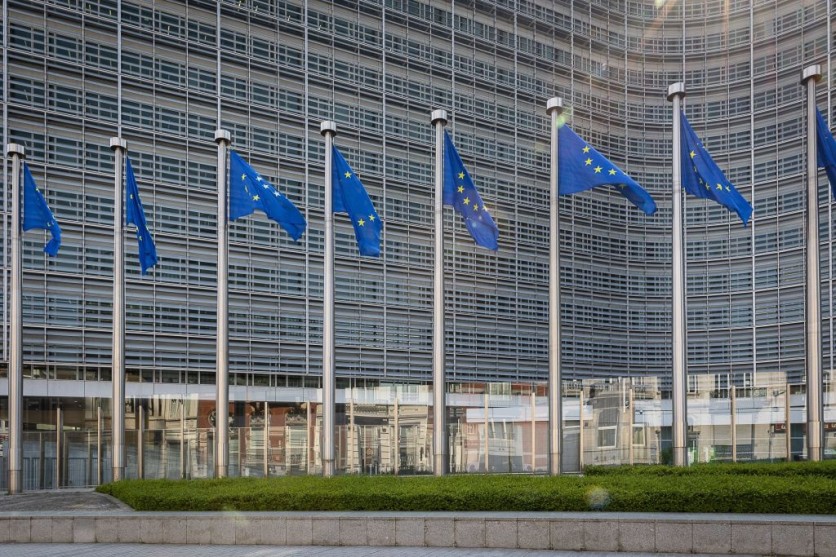In a move to establish European tech independence and challenge the dominance of US-based tech giants, the European Commission has recently approved a monumental €1.2 billion state aid package for a groundbreaking cloud computing initiative, Reuters reports.

Initiative and Funding
Termed the IPCEI Next Generation Cloud Infrastructure and Services (IPCEI CIS), this initiative marks a concerted effort by seven European Union states—France, Germany, Hungary, Italy, the Netherlands, Poland, and Spain—to pool resources and expertise.
This collaboration aims not just to provide substantial public funding but also to unlock an additional €1.4 billion in private investments, magnifying the project's impact.
At its core, the IPCEI CIS seeks to pioneer an open, interoperable European data processing ecosystem, reshaping the way businesses and citizens interact with data.
The consortium, comprising 19 companies, including major players like Atos, Orange, Deutsche Telekom, SAP, Telecom Italia, and Telefonica Espana, is geared to develop cutting-edge software enabling real-time, low-latency services closer to users, reducing reliance on centralized cloud servers.
European Commission's Stamp of Approval
Forecasts predict the creation of approximately 1,000 high-skilled jobs in the initial phases, with expectations of exponential growth during commercialization. The first significant outcomes are anticipated by the end of 2027, signifying a pivotal moment in Europe's digital evolution.
The European Commission's endorsement underscores the project's alignment with pivotal EU objectives-bolstering a digital, greener, secure, resilient, and sovereign economy.
It acknowledges the substantial risks involved and justifies the need for public support, ensuring measures to prevent distortion of competition.
Notably, the IPCEI CIS promises far-reaching benefits, extending beyond participating companies to non-participants, competitors, and end-users across Europe.
Structured Collaboration
The project's structure involves a collaborative effort between 19 direct participants and over 90 indirect partners spread across additional EU Member States.
This monumental initiative aligns with the Commission's wider vision for a digitally resilient Europe, positioning it as the seventh integrated IPCEI approved under EU State aid rules. Its significance extends beyond technological advancement, catalyzing Europe's tech sovereignty.
In light of this green light from the EU, Commissioner Didier Reynders emphasized the project's ambitious goals, funding strategies, and expected positive outcomes.
"The IPCEI will provide for highly ambitious research, necessary to enable the uptake of innovative data processing applications and services for European businesses, public administrations, and citizens," Reynders noted.
Commissioner Thierry Breton highlighted its pivotal role in meeting Digital Decade Strategy 2030 objectives. "[The project] will also provide the technologies and solutions to reach our Digital Decade Strategy 2030 objectives: a 75% of cloud uptake by EU enterprises and more than 10.000 edge nodes across Europe. With this IPCEI, Europe will reinforce its innovation leadership in next-generation data processing services," Breton said.
Since 2018, the Commission has approved six IPCEIs in the fields of batteries, hydrogen, microelectronics, and communication technologies.
Stay posted here at Tech Times.
Related Article : UK Approves AI Age Checks to Prevent Children From Accessing Porn Sites

ⓒ 2025 TECHTIMES.com All rights reserved. Do not reproduce without permission.




